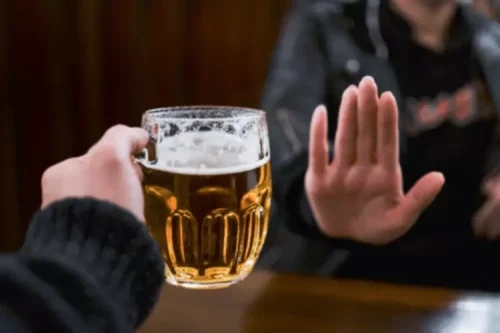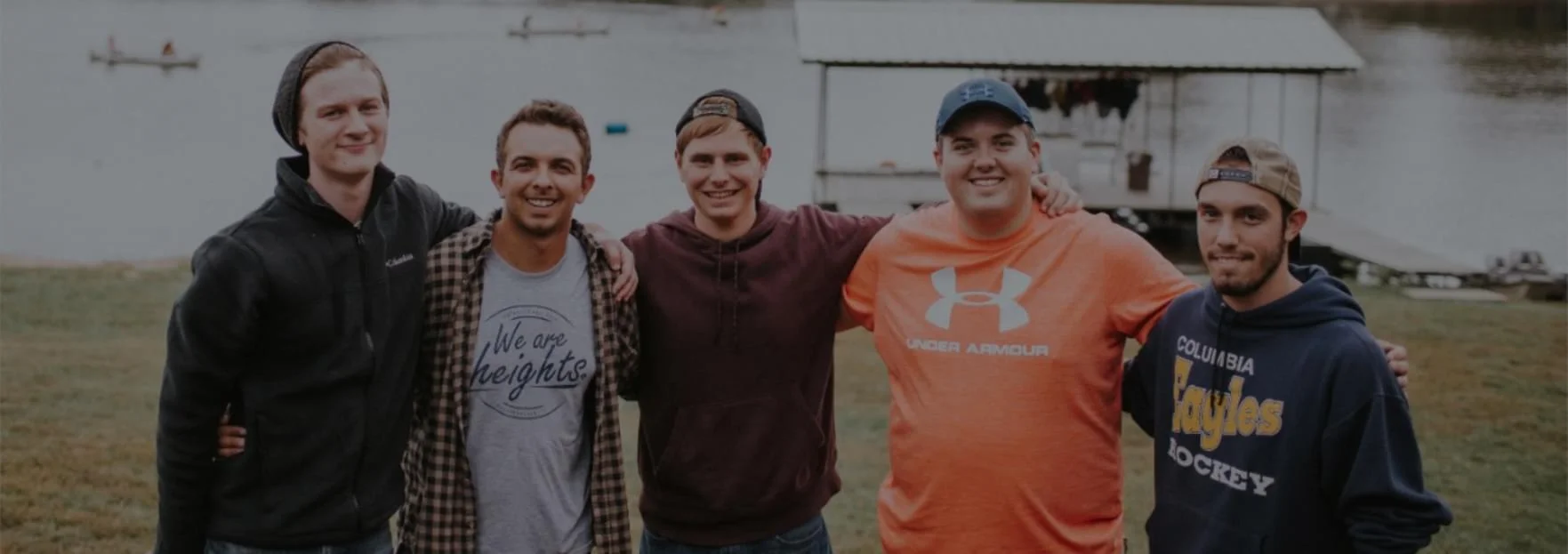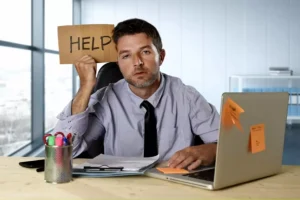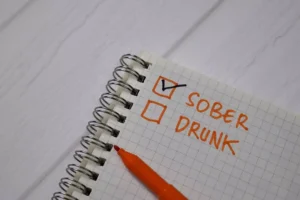
This will address various aspects of recovery and keep group members engaged over time. Sports and fitness relapse prevention group activities such as yoga and team sports promote physical health and emotional balance. Regardless of the reasons behind a relapse, it’s crucial to understand that it doesn’t signify failure. Each attempt at lifelong sobriety serves as a valuable learning experience and a step in the right direction. With the right support and the essential tools for recovery, the next attempt could be the one that endures.
- Now is the time to put our plan into action or we increase the risk of a lapse.
- A relapse prevention plan can be broken down into small, manageable steps.
- Then we can address the issues as they arise and find a healthy way forward.
- It keeps the patient’s mind distracted and away from the object of addiction.
Worksheet for Using Professional Help
Creative expression provides a healthy outlet for emotions and stress for people in recovery from substance abuse. By engaging in activities such as art, music, or writing, you get to explore and articulate your feelings, which can be cathartic and therapeutic. These creative pursuits support self-discovery, build confidence, and give you a sense of accomplishment, enhancing your overall emotional well-being. Cognitive behavioral therapy is a well-established therapeutic approach that focuses on identifying and changing negative thought patterns and behaviors. It has gained prominence as an effective method for addiction treatment and relapse prevention.
PROVIDER SEARCH
For that reason, some experts prefer not to use the term “relapse” but to use more morally neutral terms such as “resumed” use or a “recurrence” of symptoms. It’s an acknowledgement that recovery takes lots of learning, especially about oneself. Recovery from addiction requires significant changes in lifestyle and behavior, ranging from changing friend circles to developing new coping mechanisms. It involves discovering emotional vulnerabilities and addressing them. By definition, those who want to leave drug addiction behind must navigate new and unfamiliar paths and, often, burnish work and other life skills.
Mindfulness in Addiction Recovery: Powerful Tools for Lasting Sobriety

Professional treatment can help manage both the psychological and physical factors of addiction to promote recovery. Addiction is a brain disease and, as such, may involve disruptions to certain brain circuits and neural processes as a result of chronic drinking and/or drug use. Pathways involved in how a person feels pleasure and processes rewards, memory, and decision-making can be altered through substance abuse. With repeated use, alterations in brain chemistry and functioning can result in the development of substance dependence.
Types of Relapse Prevention Models
- If you are experiencing a medical emergency and need immediate care, call 911.
- Relapse occurs when someone who has been sober or in recovery for a period of time experiences setbacks that lead them back to substance use.
- When it comes to overcoming addiction or managing a chronic condition, a relapse prevention plan plays a crucial role in maintaining sobriety and reducing the risk of setbacks.
- [1] To prevent relapse it can be helpful to have a plan, recognize when old patterns or triggers come up, and learn how to manage them.
Clients are encouraged to identify whether they are non-users or denied users. A denied user is in chronic mental relapse and at high-risk for future relapse. Clinical experience has shown that everyone in early recovery is a denied user.
Ensuring a Supportive Environment
The effort to choose your health and well-being every day is a great feat, so continue to reflect and pride yourself on your hard work. A regular gratitude practice can shift your focus from what you don’t have to what you do, fostering a positive mindset. Regularly acknowledging the good in your life can enhance your overall well-being and resilience. Therapists and counselors will document, share, and regularly update these strategies throughout your treatment. Mindfulness-Based Relapse Prevention (MBRP) integrates techniques from Mindfulness-Based Stress Reduction (MBSR) and Mindfulness-Based Cognitive Therapy (MBCT). Take a run outside, walk your dog, or go out to dinner with friends.
Establish an Action Plan
For example, individuals work hard to achieve a goal, and when it is achieved, they want to celebrate. But as part of their all-or-nothing thinking, while they were working, they felt they didn’t deserve relapse prevention plan a reward until the job was done. Since they did not allow themselves small rewards during the work, the only reward that will suffice at the end is a big reward, which in the past has meant using.

It helps individuals manage emotions and improve relationships, which can be a valuable coping tool. To effectively manage your triggers and cravings, it’s essential to assess your personal triggers and stressors. Reflect on past experiences and identify patterns that led to substance use. CBT is a form of psychotherapy that helps identify negative thoughts that lead to substance abuse. CBT effectively reduces the risk of relapse and is an integral component of the recovery process. There are different models and techniques to include in your relapse prevention plan.

The goal is to help individuals move from denied users to non-users. In late stage recovery, individuals are subject to special risks of relapse that are https://ecosoberhouse.com/ not often seen in the early stages. Clinical experience has shown that the following are some of the causes of relapse in the growth stage of recovery.